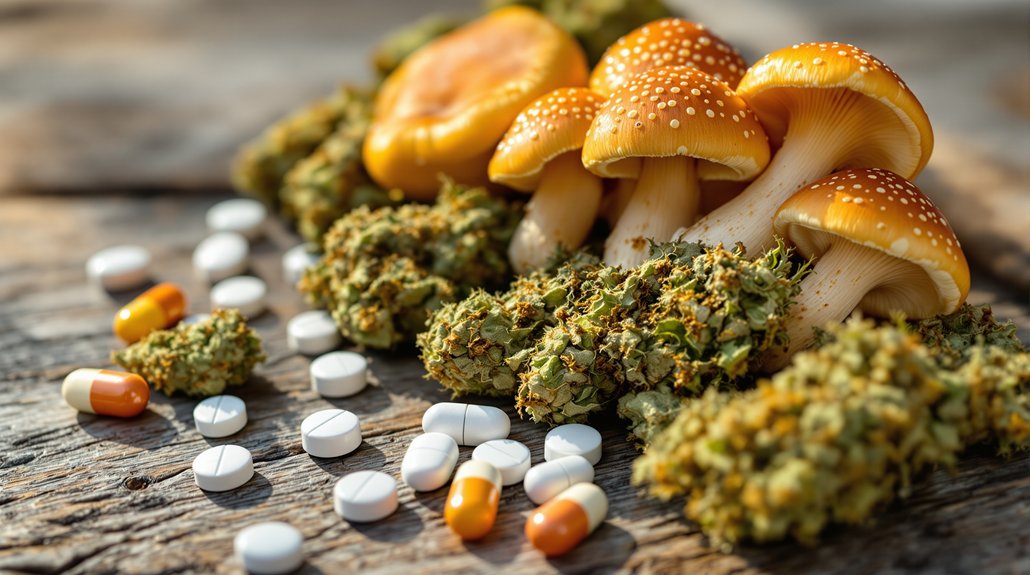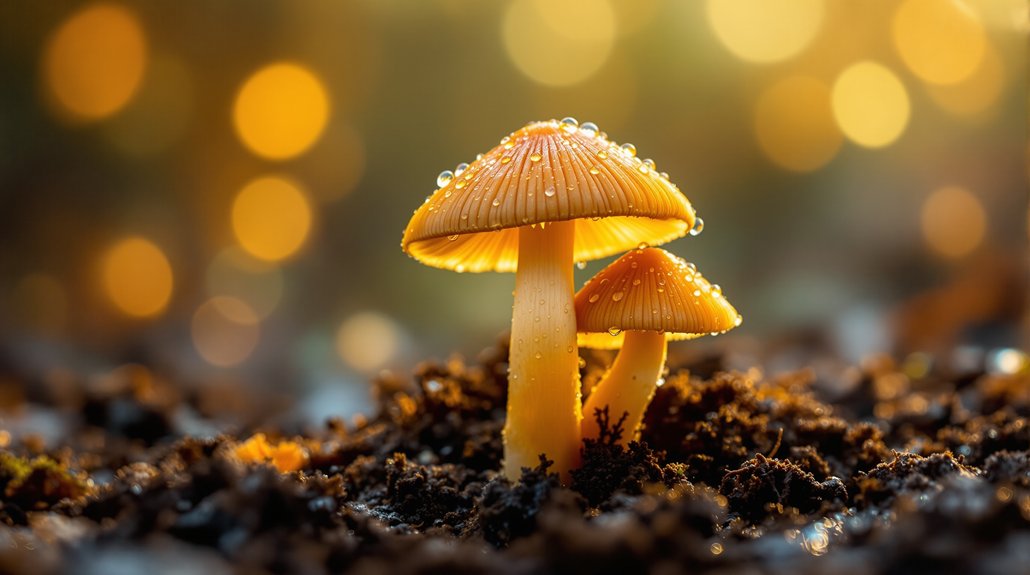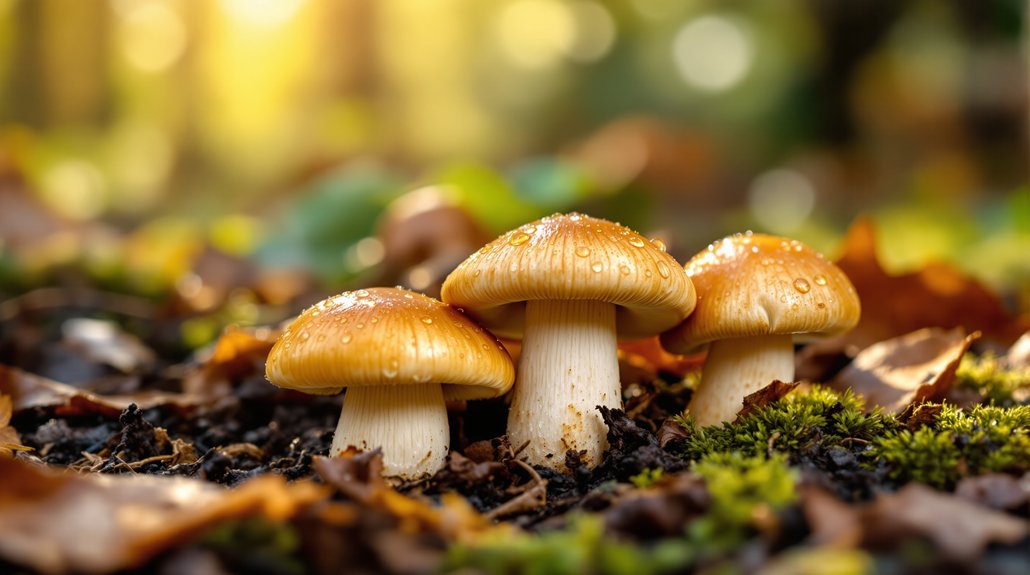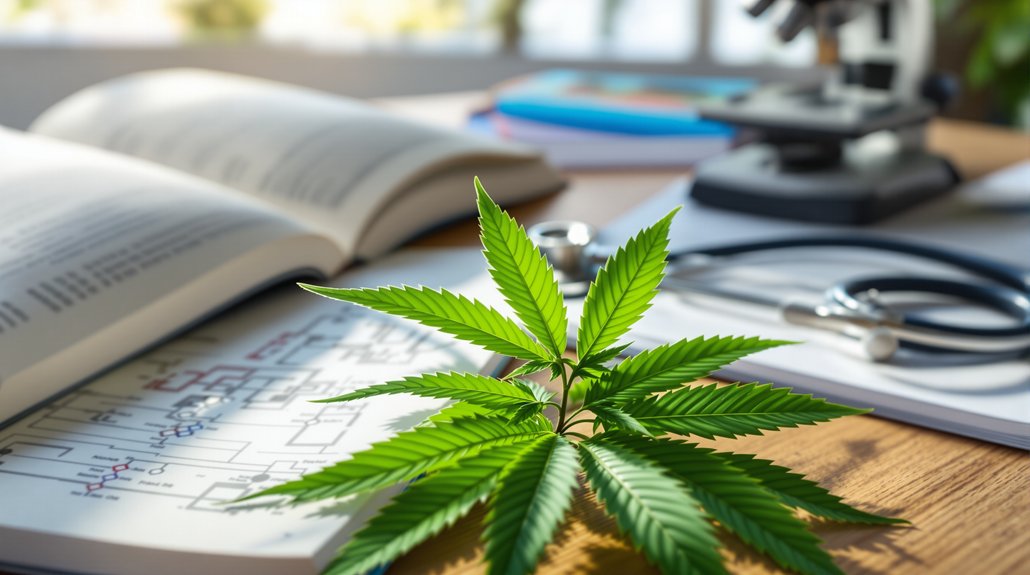While traditional medications have shown limited success in treating eating disorders, a groundbreaking international survey reveals that patients perceive cannabis and psychedelics as considerably more effective for symptom relief than conventional treatments.
The extensive study, published in JAMA Network Open, surveyed over 7,600 participants across 83 countries, making it the largest research effort to date examining patient-perceived effectiveness of various substances for eating disorder symptoms. Participants included individuals diagnosed with anorexia nervosa (41%), bulimia nervosa (19%), binge-eating disorder (11%), ARFID (9%), and those with disordered eating without formal diagnosis (38%).
Survey results demonstrated that cannabis and psychedelics consistently outperformed prescribed antidepressants in addressing core eating disorder symptoms. Participants reported that these substances were particularly beneficial for restrictive eating disorders such as anorexia nervosa and ARFID.
Cannabis and psychedelics consistently outperformed prescribed antidepressants in addressing core eating disorder symptoms, particularly for restrictive conditions like anorexia nervosa.
Cannabis showed specific promise in enhancing the rewarding aspects of eating, potentially addressing the reduced food motivation characteristic of many eating disorders. Some participants reported using THC-O acetate, a synthetic cannabinoid approximately four times more potent than traditional Delta-9 THC, for heightened symptom relief. Respondents noted decreased obsession with food, body image concerns, and binge-purge behaviors following cannabis and psychedelic use.
In contrast, antidepressants were rated as more effective for general mental health issues like anxiety and depression rather than eating disorder symptoms specifically. Only fluoxetine (Prozac) for bulimia nervosa and lisdexamfetamine (Vyvanse) for binge-eating disorder showed notable symptom relief among traditional medications.
The findings highlight significant gaps in current treatment options. Only two drugs currently have FDA approval for eating disorders, reflecting the limited pharmaceutical arsenal available to clinicians. Standard treatment remains psychological interventions due to the lack of effective medications, with the majority of cases evolving into severe, enduring illness lasting over seven years.
The study’s scope captured both self-medication practices and clinical prescription history, revealing that nearly two-thirds of participants also had depression, with many reporting additional mental health diagnoses. ADHD rates were notably elevated at 33% among respondents, significantly higher than general population estimates. This high prevalence of comorbid psychiatric conditions complicates medication responses and treatment approaches.
Substances rated worst for symptom impact included alcohol, nicotine, tobacco, and cocaine, which often worsened eating disorder symptoms rather than providing relief. Remarkably, psychedelics were reported to provide benefits when taken infrequently, with participants noting therapeutic effects from use once or twice per year.
These promising survey findings have accelerated momentum for psychedelic-assisted psychotherapy research in eating disorders, with calls for large clinical trials already materializing. New trials examining psilocybin treatment for anorexia nervosa are currently underway at the University of Sydney.
The community’s self-reported benefits signal a pressing need for rigorously controlled clinical evidence to validate these patient perceptions and potentially revolutionize eating disorder treatment approaches.









